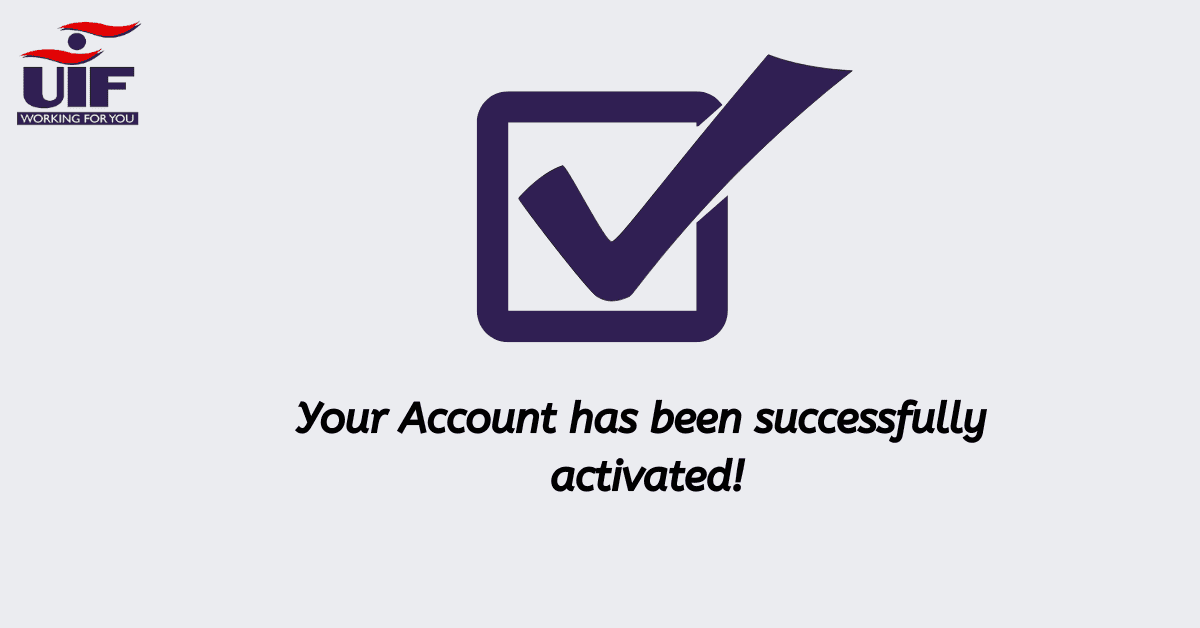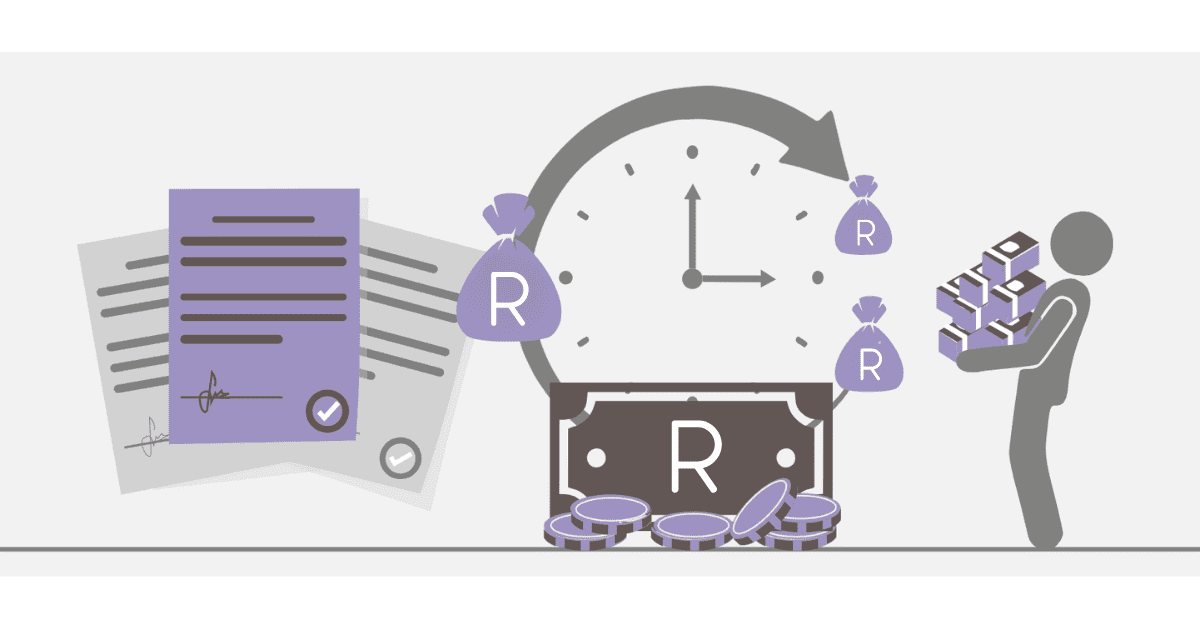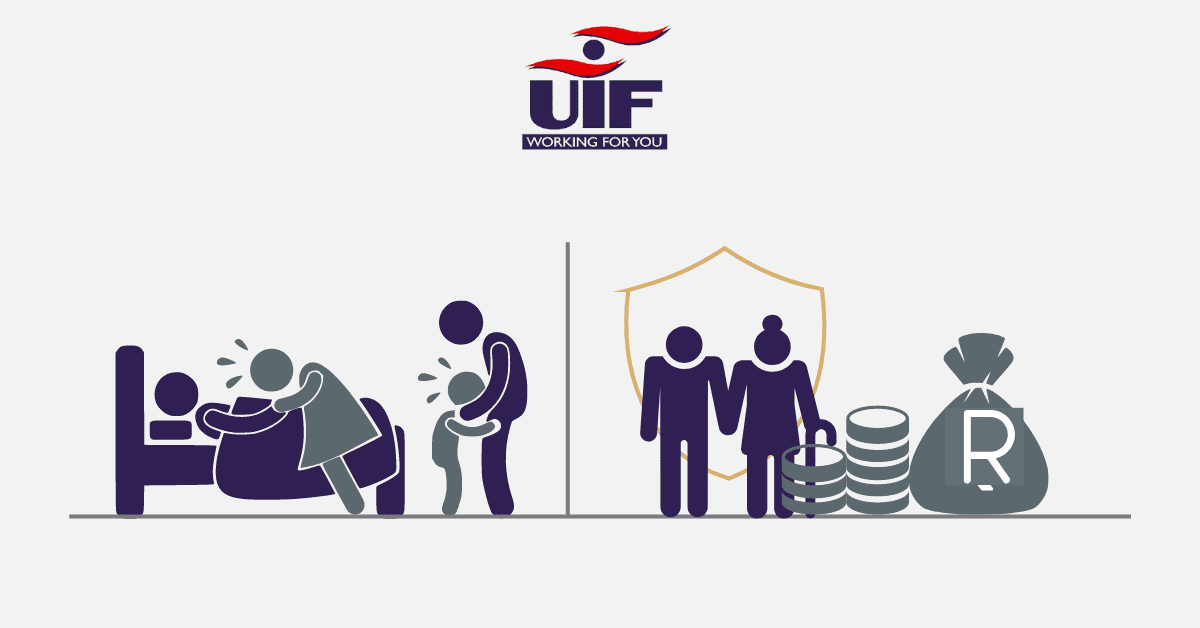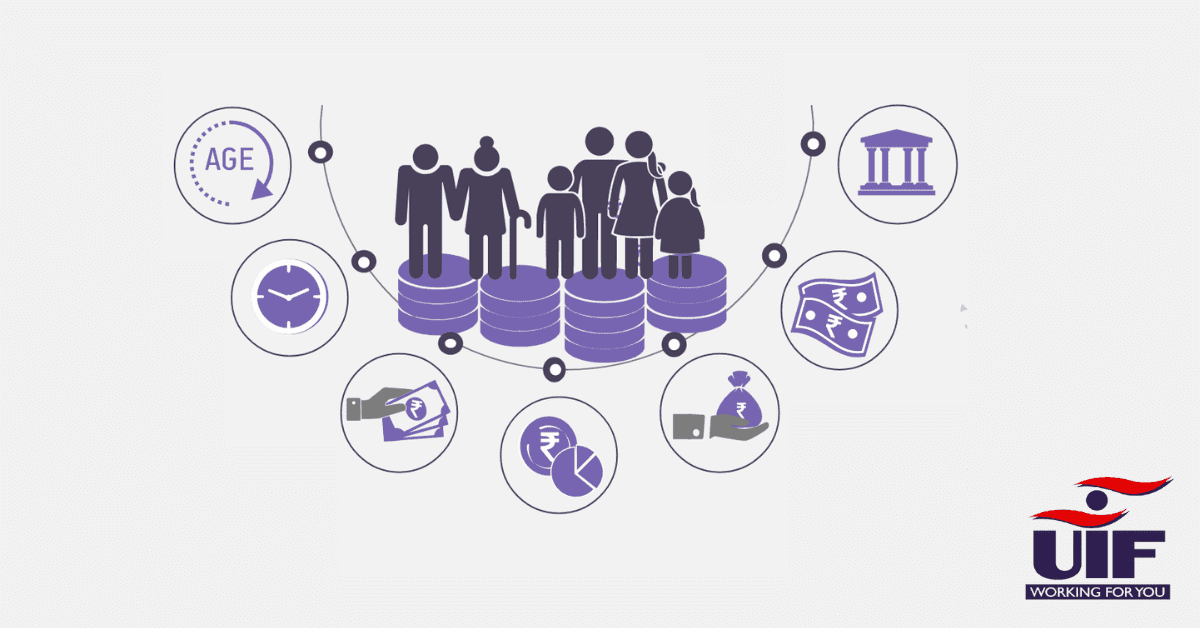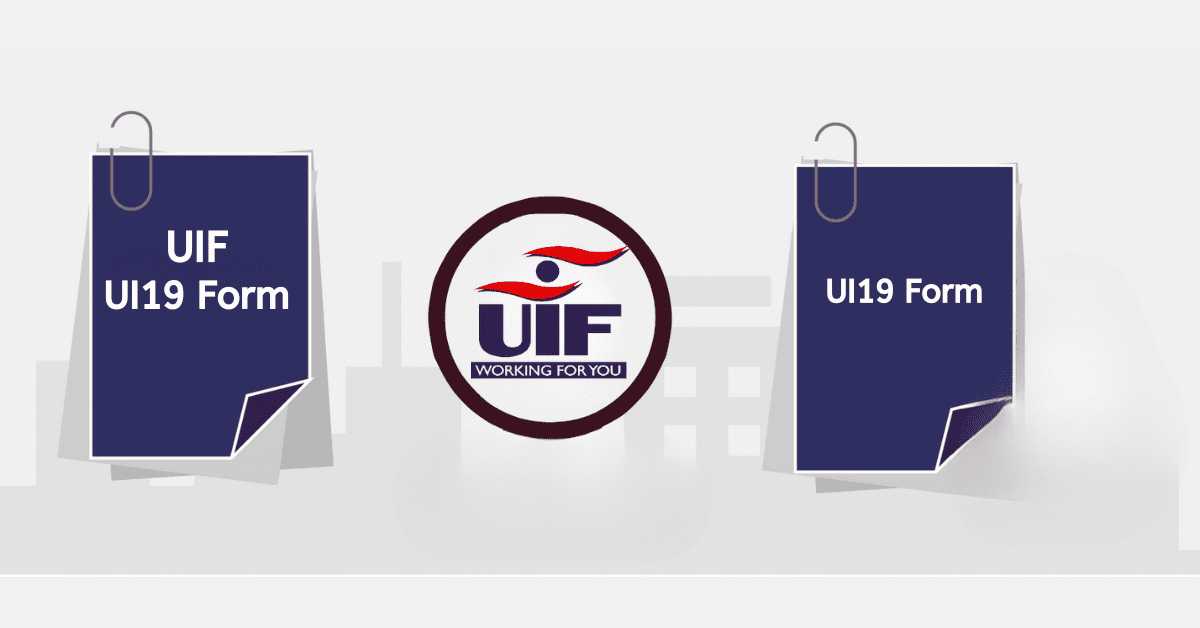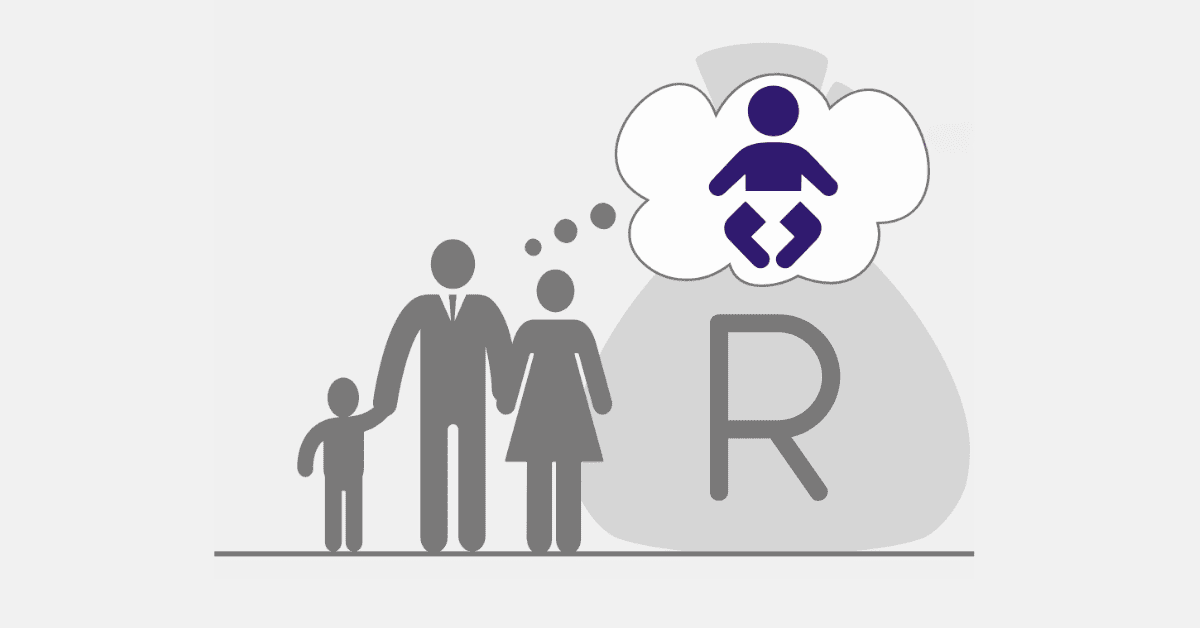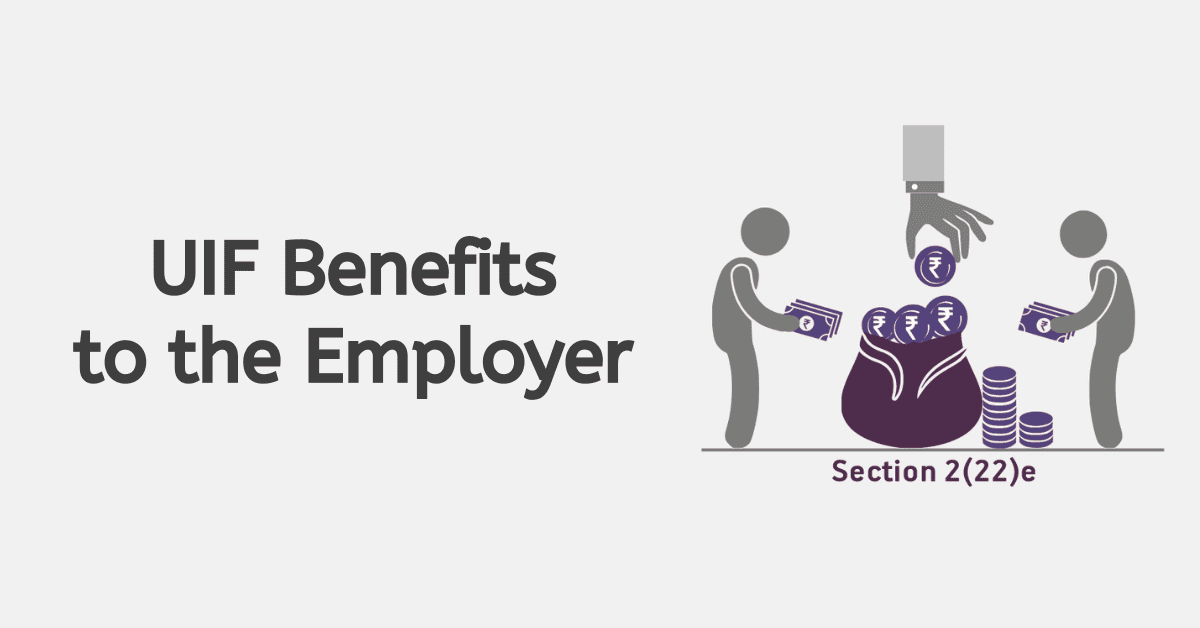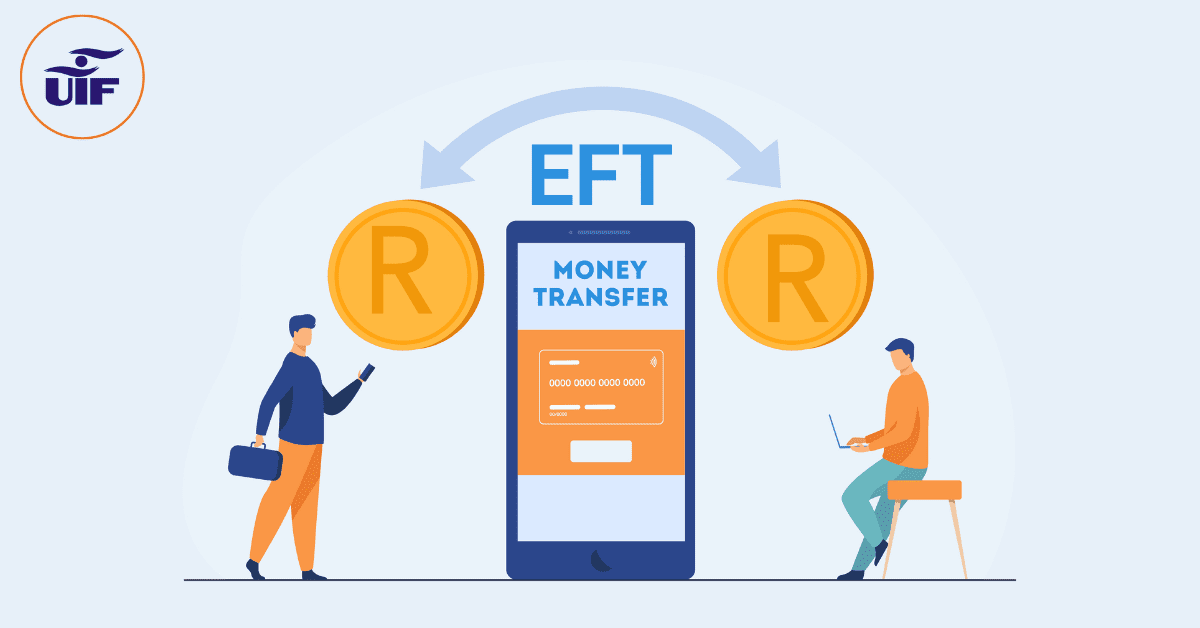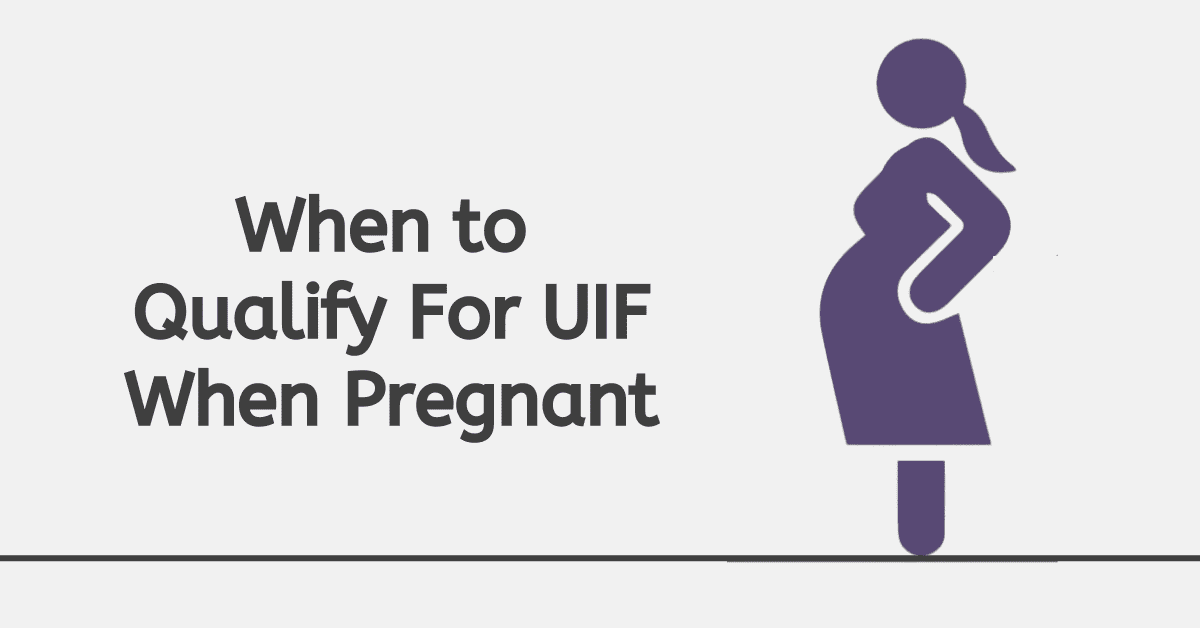Domestic and commercial employees who work for more than 24 hours per month are required by law to register for the Unemployment Insurance Fund (UIF) and make monthly contributions to the fund. UIF offers short-term financial relief to employees who may find themselves out of work because of different reasons like retrenchment, illness, maternity, and paternity. When the employee dies, the dependents are entitled to claim benefits.
Therefore, if you contribute to UIF every month, you should know how to calculate death benefits and others so that you have an idea of the money your dependents can get if you die. Read on to learn how the UIF death benefit is calculated.
How Do UIF Death Benefits Work?
UIF benefits provide temporary financial relief to the contributors and their families. If you are the breadwinner and you die, your dependents will suffer a double tragedy. They will lose your companionship and financial support, which can impact their lives in many ways.
Therefore, the UIF death benefit is designed to provide financial relief to the beneficiaries listed by the contributor to the fund. The amount of money paid to your loved ones when you die can go a long way in helping them cover different issues.
The death benefit can be used to cover fees for school-going kids, pay utilities, buy food, and other basic needs in the home. Depending on the deceased’s salary and contributions to the fund, beneficiaries can get a lump sum of R25 000 or more. While this sum is not very big, it can go a long way in helping your family cover the immediate pressing issues that can be caused by your death.
The UIF death benefit is usually a preserve for your spouse or partner, children, or other close relatives. Depending on your marital status, you can also name any person as a beneficiary. If you don’t leave behind a partner or kids, you can include other close people.
When you name more than one beneficiary, you must specify the amount you want each to receive. Although the money comes as a once-off payment, it is a good idea to specify how you want it to be used to avoid conflicts when you are gone.
How Is the UIF Death Benefit Calculated
If you contribute to the UIF for four years or more, your loved ones can claim benefits for up to eight months or 238 days. Those who contribute for a shorter time can claim 1 day for 6 days they work. Therefore, death benefits refer to the money equivalent to what is due to you when you become unemployed due to retrenchment, the bankruptcy of the company, or termination of the contract.
The total benefits your dependents will get depend on your salary and monthly contributions. The highest salary ceiling amount that can be deducted for UIF is R17,712. To calculate the benefits, you need to work out your daily earnings using the formula below. Suppose you earn R12,000 per month; you should multiply it by 12 months in a year and divide by 365 days in a year.
- R12,000 (monthly salary) x 12 (months per year) ÷ 365 (days in a year) = R394.52 (daily income)
If you earn this figure, you cannot be classified in the high-income or low-income bracket. Therefore, a scale of 42 % can be used to calculate your total daily contributions that determine your benefits.
- 42 / 100 x R394.52 = R165.69
Therefore, the death benefit payout for someone with a salary of R12,000 will be as follows:
R165.69 x 238 (days) = R39, 434.22. Those with lower salaries usually get higher percentages, which affects the total payout. The money comes as a lump sum, and the total figure is influenced by the salary you get.
How UIF Payout Is Calculated
Your UIF payout is calculated using the formula above, and your salary will determine the total amount your beneficiaries will get when you are dead. If you have been contributing to the fund for more than four years, it means your loved ones can get more money when you pass on. To maximize your UIF death benefits, you must ensure that your account is up to date and has no areas.
How Long Does UIF Pay Out for Deceased
When the contributor to UIF dies, the listed beneficiaries should apply for benefits within 18 months of their loved one’s death. If you are a spouse or partner, you should know that UIF does not pay for the death of the contributor.
Once you submit your application for benefits, it is likely to go through several verification stages, which will delay the payment. You also need to fill in all the necessary documents, which usually take a long time to verify. Therefore, you should expect to get the payment for a death claim in about eight weeks from the time your application is submitted.
If you don’t get your payout within eight weeks, you can call the Labour Center to inquire about the problem that could be causing the delay in payment. Once your application for death benefits is approved, you will get a once-off payment which is usually a lump sum.
The total sum depends on the money earned by the deceased while they were still at work. The total payment covers eight months or 238 days, like other UIF benefits. The only difference is that death benefits come once, and the beneficiaries should not expect to get anything once the money is paid.
If you pay your monthly contributions to the Unemployment Insurance Fund, you should know how to calculate your benefits. The death benefit will be claimed by your loved ones, and it is calculated in the same way as the unemployment benefit. It is similar to the money you could get when you lose your job. If you have been contributing to the fund for more than four years, your loved ones will get benefits equivalent to 238 days or eight months.

